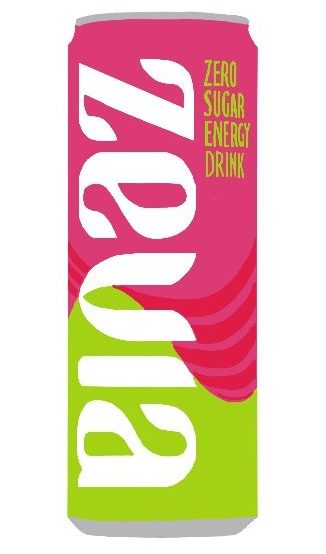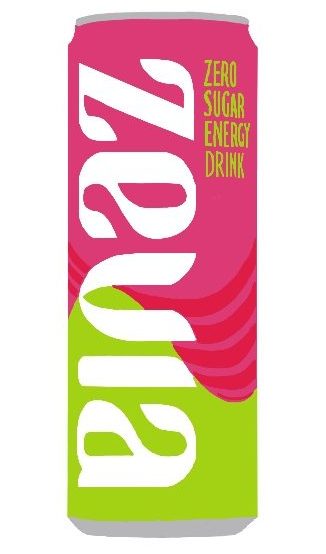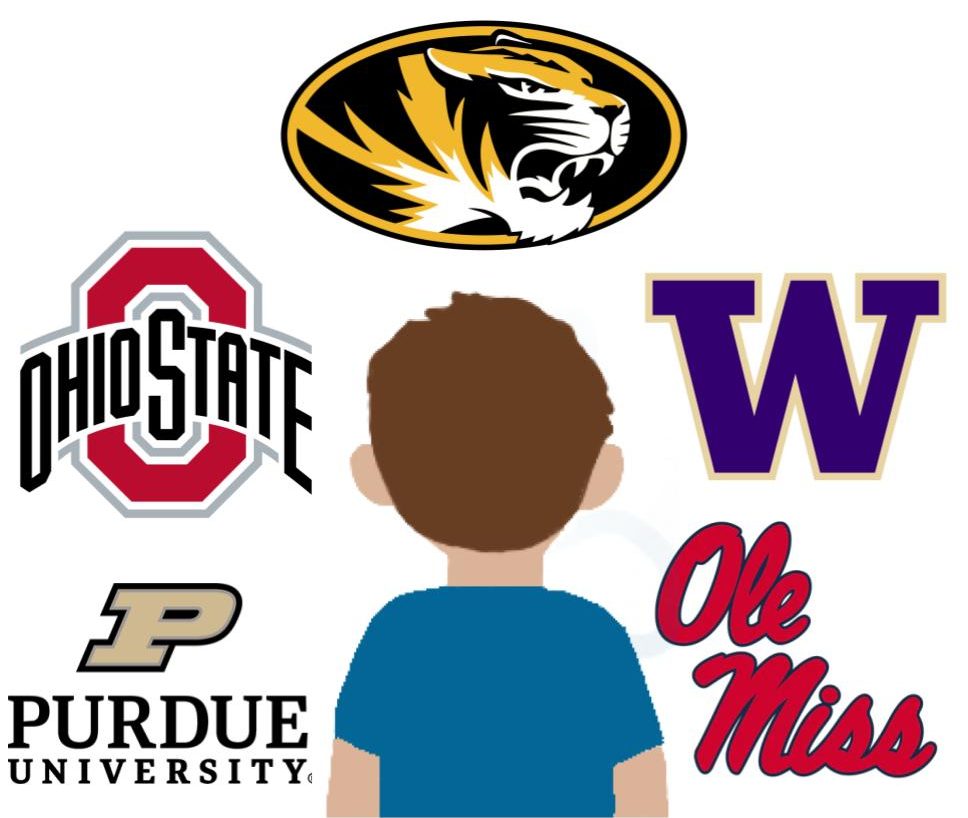Energy drinks have become a popular drink choice for teens and young adults. They give an extra boost of energy, increase concentration and taste delicious, but also have many serious downsides that have short term and long term effects.
According to Second Wave Media, 63% of high school students drink energy drinks on a regular basis, knowing of the bad side effects and health issues they could cause. Drinking energy drinks every day can lead to tolerance, which means that the body has gotten used to caffeine and the other addictive qualities in energy drinks.

To achieve the actual energy boost more caffeine will be needed causing an endless cycle of caffeine consumption. This could cause students to get addicted to caffeine which is very common, especially in young adults. Putting a stop to caffeine addiction causes headaches, insomnia and feeling groggy.
Students say they drink Alani, Celsius, and Ghost energy drinks. These all contain 200mg of caffeine, which is equivalent to drinking 4 cans of soda or 2-3 cups of coffee. Some healthier alternatives to try are Zevia energy drinks. Zevia energy drinks contain 120mg of caffeine. This brand uses natural sweeteners and none of the filler ingredients. The caffeine in this brand of energy drinks is sourced from organic green tea leaves rather than synthetic caffeine which is made of harsh chemicals. This results in a molecule chemically identical to natural caffeine, but this is much more powerful.
Kaitlyn Benoist, 10, is a regular energy drink consumer and she understands the risks of drinking these addictive beverages.
“I drink energy drinks daily,” Benoist said. “I think they are addictive because if you drink them so much then stop drinking them, you can get headaches.”
The caffeine in energy drinks enters the bloodstream and then starts to affect the brain. Caffeine targets the blood vessels around the brain so when the caffeine wears off the blood vessels become enlarged. The blood flow surrounding the brain increases which pressures the nerves.
This is the main reason energy drinks cause headaches, but this can also lead to insomnia, anxiety, and irritability. Some other side effects can be feeling shaky and jittery. This makes some people feel overwhelmed with anxiety and a sudden surge of adrenaline which triggers the body to go into fight or flight mode, putting them on edge and even panicked.

Hannah Thom, 12, has felt some side effects from drinking energy drinks firsthand.
“Energy drinks have made me anxious,” Thom said.
The most known effect from an energy drink is increasing a person’s heart rate and dehydrating the body. The reason this happens is because energy drinks have a high amount of caffeine and energy drinks aren’t typically sipped like coffee. Since caffeine is a diuretic drug, meaning it makes the kidneys produce more urine, this will dehydrate the body quickly.
Caffeine will also set off the release of stored sugars in the liver to give a person energy. If someone with diabetes were to have caffeine this extra sugar release could cause their blood glucose levels to spike. Another downside to energy drinks for a diabetic person is how caffeine affects the way the body uses insulin. Caffeine decreases insulin sensitivity, meaning a person’s cells don’t absorb enough sugar from the blood after a meal. The body will be forced to make more insulin, so their insulin levels will be extremely high.
Stacy Kuykendall, EHS School Nurse, is aware that students are avid energy drink consumers, and she is also well aware of the risks and side effects that come from these seemingly innocent drinks.
“Energy drinks can increase your heart rate, and if you lean on those instead of drinking water properly, dehydration, which also increases your heart rate, can make you feel dizzy. you can even faint if your heart rate gets too high,” Kuykendall said. “We have seen students who have accidentally just drank energy drinks all day and not water, and came in with a high heart rate feeling dizzy and nauseous.”


















